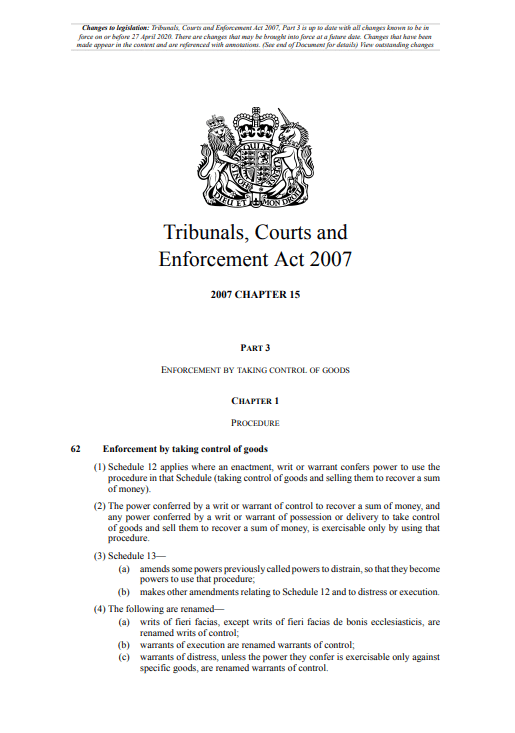On 23 April 2020, the government announced that it will be introducing temporary measures to protect high street shops, restaurants and other businesses from “aggressive” debt collection and closure during the coronavirus pandemic.
The issuing of statutory demands and winding up petitions will be temporarily banned, where the failure to pay rent or other debts has arisen because of the COVID-19 pandemic.
During the pandemic the government has asked investors and landlords to work collaboratively with businesses in difficulties who are unable to pay their bills or rent. However, the Business Secretary has asked business tenants to pay what they can during the coronavirus pandemic.
When will this temporary ban be executed?
The government will temporarily ban the use of statutory demands between 1 March 2020 and 30 June 2020 and winding up petitions presented from 27 April to 30 June 2020. The measure will be included in the Corporate Insolvency and Governance Bill as part of initiatives by the Government upon which Business Secretary Alok Sharma has commented:
“In this exceptional time for the UK, it is vital that we ensure businesses are kept afloat so that they can continue to provide the jobs our economy needs beyond the coronavirus pandemic.”
Alok Sharma, Business Secretary
What steps are the government taking to progress this ban?
Secondary legislation is to be provided to tenants by the government to allow “breathing space” to pay rent by preventing landlords using the Commercial Rent Arrears Recovery (CRAR), unless over 90 days of unpaid rent is owed. If 90 days or more has passed then CRAR will not be prevented and in this case, the government has called for tenants to pay rent to commercial landlords where they can afford to do so.
What is Commercial Rent Arrears Recovery?
A Commercial Rent Arrears Recovery (CRAR) is a statutory procedure that allows landlords to recover rent arrears of commercial premises by taking control of the tenant’s goods and selling them. However, changes have been made to the Commercial Rent Arrears Recovery as of 27 April 2020.

Can I still present a Winding Up Petition after 90 days or more of unpaid debt?
Under the government’s intended temporary ban, any winding up petition that claims that the company is not able to pay its debts will be reviewed carefully by the Court. The proposed law however, will not permit petitions to be presented, or winding up orders to be made where the company’s inability to pay the debt claimed is the result of COVID-19
The new legislation will protect tenants until 30 June 2020 and this may be extended in line with the moratorium on commercial lease forfeiture.
How can we help: We keep debt recovery simple
We are lawyers that specialise in recovering unpaid debts from individuals or companies so we know the best way to get your unpaid debts paid up quickly. This may involve Insolvency or Litigation proceedings.
As a result of our success we are now able to offer clients a proactive debt recovery package for a small fixed fee (which is likely to be refunded!).
If you require any further information please do not hesitate to send an email or give us a call.
Instruct Specialist Insolvency Lawyers
We’re masters of insolvency dispute litigation. We are a specialist City of London law firm made up of Solicitors & Barristers. We’re based in the Middle Temple Inns of Court (next to the Royal Courts of Justice where the High Court and Central London County Courts are based). We’re experts in dealing with matters surrounding insolvency in particular our team have unparalleled experience at both issuing and defending winding up petitions vigorously at the Royal Courts of Justice (Rolls Building), or the relevant High Court District Registry or County Court with jurisdiction under the Insolvency Rules. We provide a quick no cost initial telephone case review to establish whether or not we can help you; just call one of our team on 02071830529.
